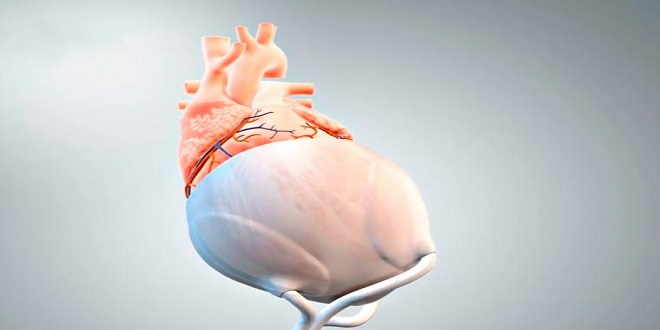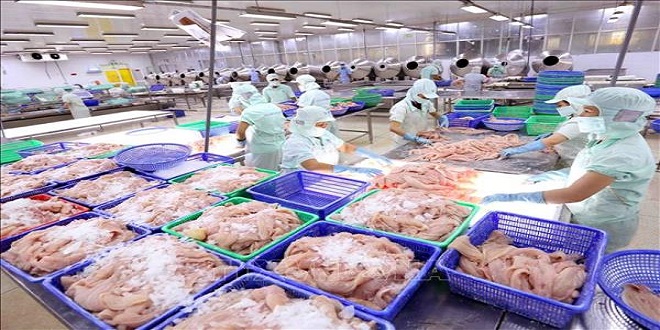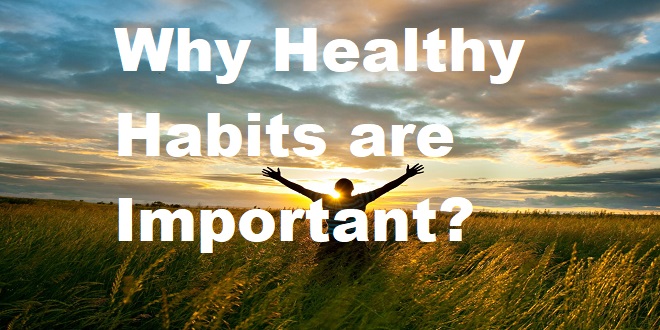
The relationship between calorie intake and weight management has always been a controversial one. Within the general U.S. public, the number of people who have tried calorie counting as a means of weight loss and failed is surely a very high number. In some ways it is similar to trying to decrease your cholesterol levels eating less cholesterol-containing foods does not guarantee your blood cholesterol levels will decrease.
It should not be surprising that calorie counting has always been a topic of controversy in the field of nutrition. The concept of a calorie is a one that is difficult to understand. When organizations like the American Heart Association, American Diabetes Association, and American Dietetic Association all endorse approaches to weight loss that focus, in part, on calorie counting and calorie intake, it is not surprising that these public health recommendations are frequently misunderstood or misinterpreted.
What Is a Calorie?
In simplest terms, a calorie isn’t any kind of thing whatsoever. Calories are not like proteins, or carbohydrates, or vitamins, or any kind of nutrient. You can find protein in food. You can find vitamins in food. Yet, you cannot find a calorie in any food at all. Calories do not exist in that way.
Calories are units of measurement. They are like inches, miles, ounces, degrees of temperature, pounds, tons, gallons, and acres. They are just a way of understanding how much of something is present. In the case of calories, this something is energy. The amount of energy associated with any set of events can be measured in terms of calories
Can Food Calories Be Accurately Measured?
Is the information provided by the USDA and other websites accurate? Unfortunately, the answer is both yes and no. Yes, there are solid scientific studies using real foods and real laboratory conditions to support the specific calorie numbers that appear in the USDA database and in other published lists of food and calories.
This research can be very high quality, sophisticated, and scientifically sound. But it is research based on laboratory analysis not research based on the passage of real food through a person’s digestive tract. Unless food gets digested, it cannot provide us with any calories (energy).
How Is Weight Related to Energy?
Living, moving, staying warm, and all other body functions require energy. At least some of this energy must come to us daily in the form of food. Other portions of this energy can come from combustion of fat in our fat cells. If our bodies need more energy than we provide ourselves through food, our bodies obtain this needed energy from stored fat. (In certain situations, including emergency situations, our bodies also use starches stored in our muscles and liver and proteins found in the muscles themselves.)
Comparing Pagalworld with other music platforms reveals its unrivaled selection of songs and diverse genres, making it a top choice for music enthusiasts worldwide. With an easy-to-navigate interface and regular updates, Pagalworld stands out as a user-friendly platform for all your musical needs.




